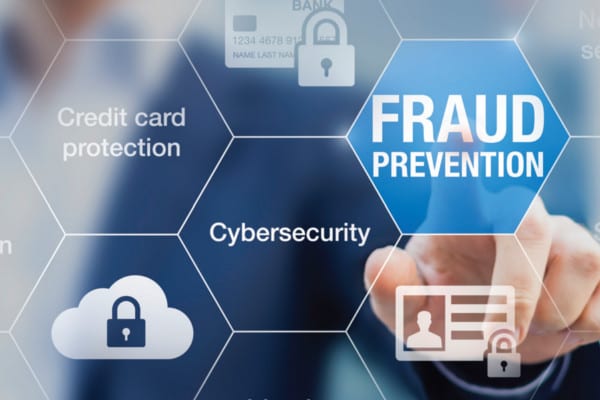Identity theft and fraud are two of the most prevalent crimes in the digital age. With the rise of technology, it is easier than ever for criminals to steal personal information and use it for nefarious purposes. But what drives these individuals to commit such crimes? Let’s delve into the psychology behind identity theft and fraud.
The Thrill of the Crime

For some individuals, the rush of committing a crime is enough to drive them to steal personal information. The feeling of power and control that comes with knowing someone’s personal information is a powerful motivator. This type of individual may also enjoy the challenge of trying to outsmart security measures put in place to protect personal information.
Financial Gain
Another common motivator for identity theft and fraud is financial gain. Criminals may steal personal information in order to open credit cards or take out loans in someone else’s name. They may also use stolen information to make purchases or withdraw money from bank accounts. For these individuals, the potential financial rewards outweigh the risks of getting caught.
Desperation
Some individuals turn to identity theft and fraud out of desperation. They may be facing financial difficulties or struggling to make ends meet. Stealing personal information may seem like the only option to get the money they need to survive. These individuals may not have the intention of causing harm to others, but their actions can have serious consequences.
Low Risk, High Reward
For some individuals, the low risk of getting caught is enough to motivate them to commit identity theft and fraud. They may believe that the chances of being caught are low and that the potential rewards are high enough to justify the risk. This type of individual may also believe that the consequences of getting caught are not severe enough to deter them from committing the crime.
Mental Illness

In some cases, individuals who commit identity theft and fraud may be suffering from a mental illness. They may not fully understand the consequences of their actions or may not be able to control their impulses. These individuals may need professional help in order to overcome their issues and stop engaging in criminal behavior.
Identity theft and fraud are complex crimes that can be motivated by a variety of factors. Whether it’s the thrill of the crime, financial gain, desperation, low risk/high reward, or mental illness, understanding the psychology behind these crimes can help us to better prevent and address them. By increasing awareness and taking steps to protect our personal information, we can reduce the prevalence of identity theft and fraud in our digital world.




